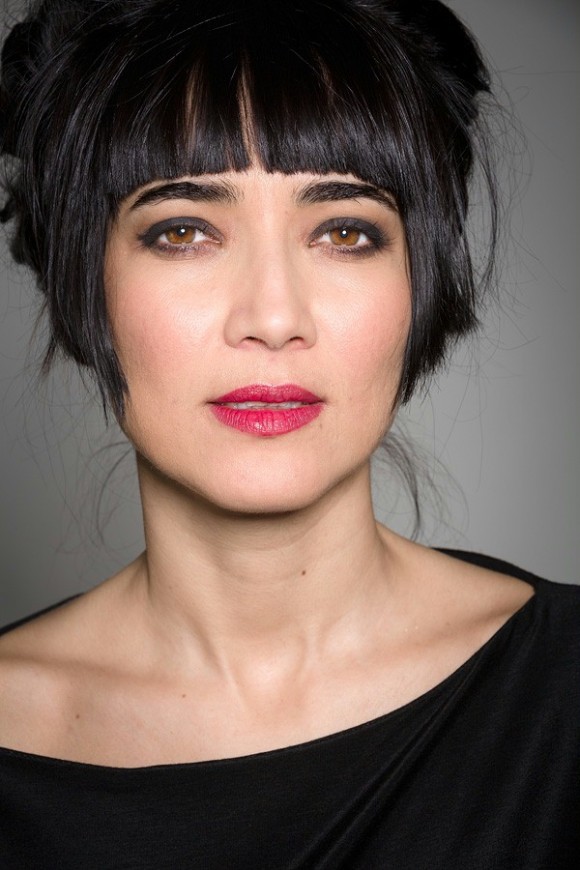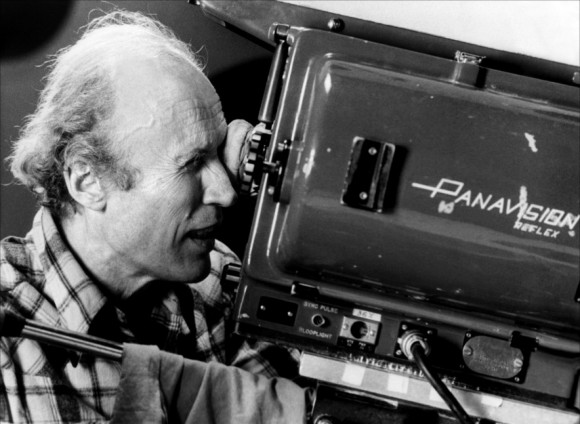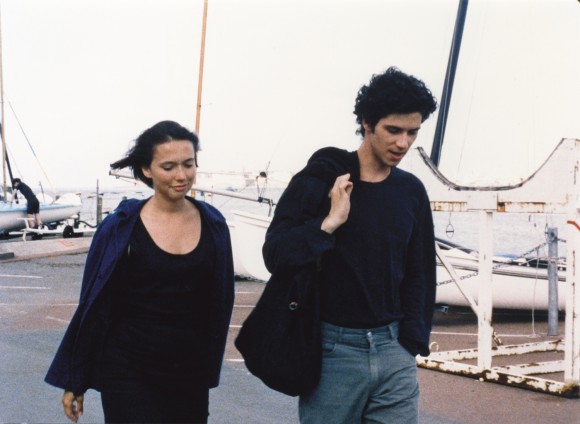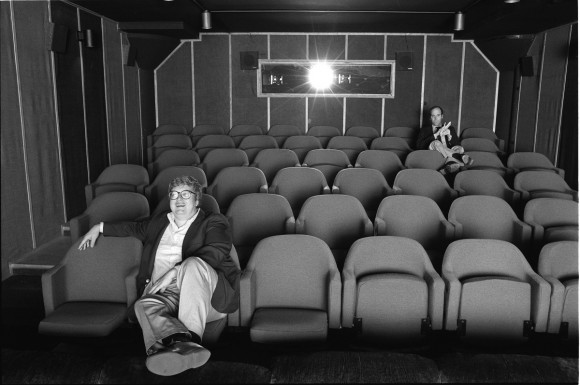In the coming days we will be screening Rialto Pictures’ big, gorgeous 50th anniversary restoration of ZULU at our Claremont, Pasadena, Encino and West L.A. venues. Today the L.A. Times’ chief film critic Kenneth Turan posted this review:
Looking as fresh and shiny as the bright red uniforms of the British soldiers who are its protagonists, the 50th-anniversary digital restoration of the venerable “Zulu” takes us back in time twice over.
In the most obvious sense, this British film goes back to 1879 and South Africa’s Battle of Rorke’s Drift, in which some 400 of Queen Victoria’s finest held off 10 times their number in attacking Zulu warriors.
Playing a limited schedule at several Laemmle theaters, this old-school effort also takes us back to the filmmaking styles and mores of 1964, when epics extolling the glory of empire and the romance of heroic combat in exotic climes were being made and films could boast of being shot in the wide-screen process called Super Technirama 70.
It would be a mistake to pretend that parts of this childhood guilty pleasure, more popular on original release in Britain than in the U.S., don’t creak. Some of the characters and situations are thumping clichés, and the film’s half-naked native women are perhaps due to financier Joseph E. Levine’s commercial instincts.
But as directed by Cy Endfield, a casualty of the Hollywood blacklist who made a career in Britain, “Zulu” does have virtues as well, including strong acting from star and co-producer Stanley Baker playing Lt. John Chard, a can-do engineer who takes over the defense of the Rorke’s Drift missionary station in Natal.
And of course there is the young and impossibly handsome Michael Caine in his first major role: the credits read “introducing Michael Caine,” although he’d been acting for more than a decade.
Adding to the joke, this dyed-in-the-wool Cockney plays a posh British lieutenant named Gonville Bromhead whom everyone called “old boy.”
“Zulu” starts with the father-and-daughter missionary team of Otto and Margareta Witt, played by Jack Hawkins and Ulla Jacobsson (a long way from Ingmar Bergman’s “Smiles of a Summer Night”), finding out that the Zulus have wiped out a sizable British force at the Battle of Isandlwana.
The Witts head back to their station at Rorke’s Drift, where Chard and Bromhead take on what seems to be a hopeless task of defending the place against an enormous multitude of Zulus because that’s what British officers are supposed to do.
Once the impressive Zulu impi or fighting force appears on the scene and the battle begins in earnest, the film’s use of Stephen Dade’s epic cinematography and an early score by John Barry (presented in full stereophonic sound for the first time in 50 years) adds to the impressive nature of the battle stagings. This may not be exact history, but it certainly makes an impression.
Playing at: Laemmle’s Royal in West Los Angeles, Playhouse 7 in Pasadena, Town Center 5 in Encino and Claremont 5 in Claremont at the following times: 7:30 p.m. Wednesday; 1 p.m. Thursday; 11 a.m. Saturday and Sunday.








